Welding Institute Levels Global Playing Field for Local Industry
14 May 2010
SAIW offers training, qualification and certification programmes that are accredited by the International Institute of Welding (IIW), making it a standard bearer for established best practice, says Chief Executive Jim Guild. “These internationally harmonised qualification and certification programmes facilitate the movement of personnel within the worldwide community and also assist companies competing in the international marketplace.”
SAIW is the only organisation in sub-Saharan Africa accredited to train and qualify personnel to IIW standards, and to audit and certify welding companies and fabricators to the IIW-accredited ISO 3834 benchmark. Its qualification and certification programmes are administered by SAIW Certification, a subsidiary established in order to isolate these activities from SAIW training and consultancy services.
The recent assessment, called a surveillance audit, was conducted by Henk Bodt from the Netherlands, a lead assessor of the IIW’s International Authorisation Board (IAB) and a specialist in the area of qualification and certification. In addition to company certification, Bodt assessed the various international qualifications offered by SAIW, ranging from International Welder to International Welding Engineer.
The IIW/IAB conducts renewal audits of its Authorised National Bodies (ANBs) – national organisations appointed to supervise IIW-accredited training – and Authorised National Bodies for Company Certification (ANBCCs) every five years, with surveillance audits in-between. Some 40 countries have ANBs and about half also have ANBCCs. In 2008, SAIW became the first ANBCC outside Europe accredited to certify welding companies and fabricators to ISO 3834. It has already certified 15 South African companies, providing them with global recognition of the quality of their product and systems.
IIW/IAB audits are conducted at the highest level, by qualified and experienced assessors. Henk Bodt has been conducting similar audits since the early 1970s. He is a former interim chief executive of the Netherlands Institute of Welding, chairman of the European Welding Federation (EWF) Technical Committee and currently a director of the board of the EWF, which initiated the momentum to harmonise welding related standards worldwide.
Bodt also wrote, and is currently expanding, the guidelines for the International Welder qualification. “Companies are realising more and more that we need educated welders, not just trained welders,” he says.
He describes the development of an internationally harmonised system for training, qualification and certification as a significant breakthrough.
“Using a single syllabus for each of the IIW training courses and a harmonised system for examinations management, the same qualification can be awarded in any country. This means that an International Welder educated in Brazil has the same level of competency as one educated in South Africa. The same holds true for company certification.”
The scope of the IIW/IAB audit of personnel training and qualification includes access criteria, which are equivalent but different for each country as they are based on national education systems; the course syllabus, including teaching duration, and control of the system. “A lot of work has also gone into developing a standard examination system, so that those gaining an international diploma will have achieved the same minimum standard.”
IIW/IAB assessments, which are in essence peer reviews, help ensure that SAIW fulfils its mandate to further local welding-fabrication and related standards, says Jim Guild. “International requirements and client specifications place increasing emphasis on the control of welding activities and the competence of welding personnel. The IIW/IAB system goes a long way to levelling the international playing field for South African industry.”


